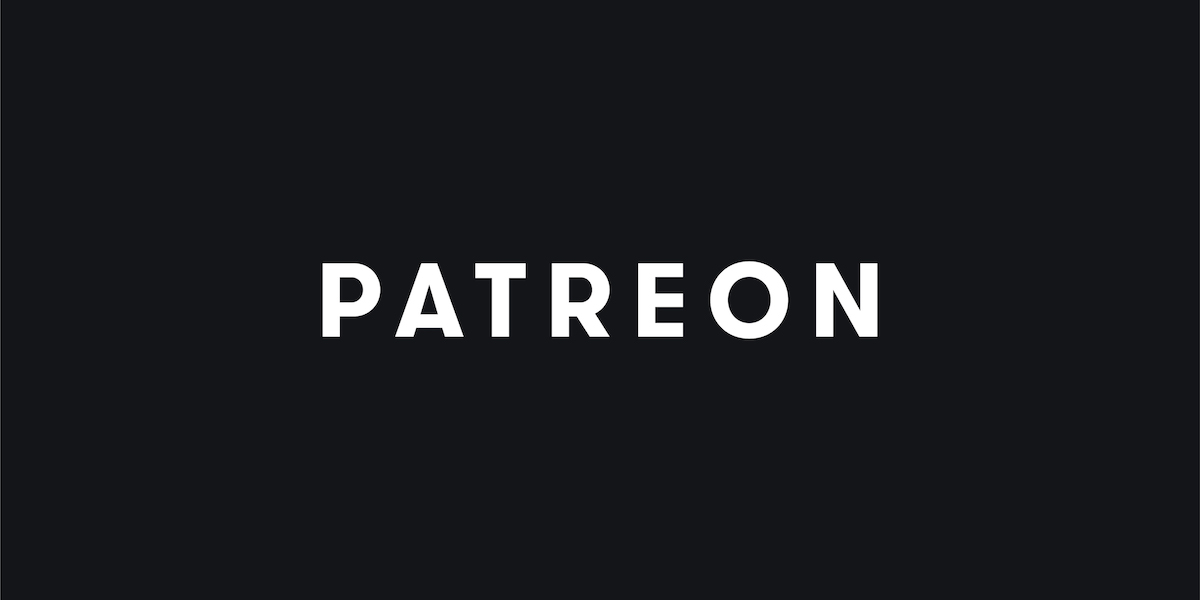MUSIC SCORING FOR FILM, TV AND VIDEO GAMES
Let me tell you my story. Classical training aside, my trajectory as a composer has always been to write music for film, television and video games. From my childhood, I collected film soundtrack recordings. I spent hours listening to the scores of John Williams, James Horner, Alan Silvestri and others. Even my concert music has always had a sense of drama and storytelling to it. I have always innately understood and applied in my own work the mantra "The story is everything."
When I got to UCLA as a graduate student, I learned that Jerry Goldsmith had been given a Regents Fellowship to teach film scoring to a select group of students. I leaped at the chance and was grateful to be one of the six students selected to participate. I also studied film scoring with accomplished film composer Paul Chihara and the psychology of film music with music psychologist Roger Kendall. I read everything I could find on the subject, and I took every opportunity I could find to score student films.
On the video game side, when I was 14 years old, I programmed my first video games on our family's TI-994A personal computer, which had the memory expansion, so I had 36 kilobytes of memory to work with and used a programming language called Extended Basic. Over the years,I have taken classes in programming, learned to code in Java, C++, Pascal, LISP and even some Python. For me, programming has mostly been a hobby that I use to augment my work in the arts. I am currently working on a Computer-Aided Instructional application designed to improve the way that music theory is taught in colleges. While I am not experienced enough (or fast enough) to be considered a professional software engineer, I do know enough to be able to communicate with programmer team members and even to be able to implement audio into a game using middleware such as Wwise or FMod.
That trajectory took a bit of a detour when I was hired at Salt Lake Community College to build the curriculum for a media and commercial music program from the ground up. For the past several years, instead of scoring films or video games myself, I have been designing curriculum and teaching students the things I have learned from Jerry and others. Each year I have taught classes in film scoring, music and audio for video games, and other forms of media composition and several of my students have gone on to find steady work in the industry.
Now that the media music and recording program at SLCC is established, I am looking to working on more scoring projects myself. Over the years, even while teaching, I have taken on a number of projects to keep myself engaged in the industry. Some of these projects are featured on my Videos page, and a list of them can also be seen on my imdb page and dramatic credits list. The credits list includes representative audio tracks for many of the productions. Among these are several theatrical productions that I have been involved with as a composer. I found the theater to provide some unique scoring challenges, because although it contains a narrative structure similar to film, there is a certain unpredictability to live performance that provides particular challenges for synchronization that have a lot in common with interactive media and video games.
I do have one last story that I would like to tell. Early in my career, I was scoring a short film, and the director asked me to make a change on a track. My response to him was to indicate that the change he was requesting would impact the previous cue, necessitating changes in both cues. I have always felt bad about that exchange, because I believe the director took my response as an indication that I did not want to make those changes. Let me state up front, then, that I believe in two guiding principles: 1) meeting deadlines and 2) making changes until it's right. No one can get everything right the first time, and I am glad to make any changes needed for the benefit of the project and the story I am working on. Doing so at least a couple of times is always included in my estimates when I plan for a project. (Of course, I try to catch those changes before any recording sessions, because then costs start to go up.) But part of creative process is trying things out and making changes. It's a part of the process that I love.
In addition to the video and recordings available on the above-referenced pages, below are some additional recordings with demos of music I have worked on for use in a varieety of moods and for a variety of storytelling situations. The story is everything.

